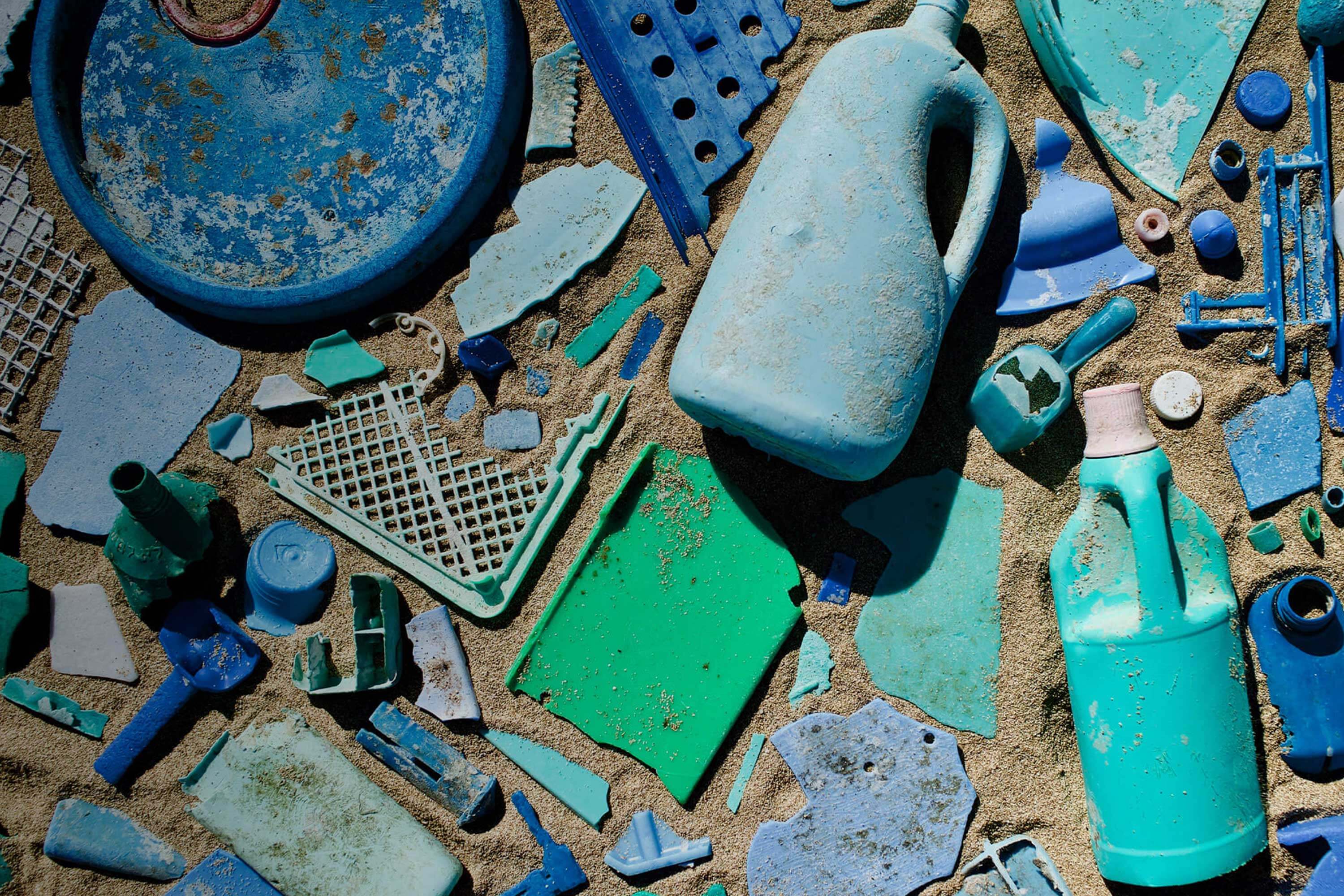
Surfrider activists know the litany of harms plastic production and pollution cause to ocean life and human health, and how the making of plastic collectively emits more greenhouse gasses than most countries. From beach cleanups to signing up Ocean Friendly Restaurants to urging city councils to ban toxic single-use plastic products, our volunteers understand that the ocean’s future is bound by the future of plastic.
(Demand a Strong Global Plastics Treaty to Protect Our Ocean!)
Which is why we were thrilled by the news, back in February 2022, that the United Nations Environment Assembly (UNEP) had adopted a historic resolution to develop an international legally binding instrument (aka treaty) on plastic pollution, including in the marine environment. In addition to myriad other benefits, reducing plastic waste directly contributes to the protection of vulnerable ocean wildlife populations across the globe and a more joyful beach-going experience.This treaty represents a monumental effort to unite governments in the battle against plastic pollution and, if successful, an incredible chance to make a difference at the scale needed to cease harm and begin restoration.
The ‘Zero Draft’
Earlier this month, the United Nations Environment Programme (UNEP) released what’s known as the “Zero Draft” of the forthcoming Global Plastics Treaty. This draft provides an initial summary of ideas and intentions to come out of the international negotiations (INC-2) that took place in Paris at the end of May. Surfrider, along with our colleagues at Surfrider Europe, attended those meetings and remains engaged in pushing for the strongest possible Global Plastic Treaty.
On the upside, the Zero Draft contains several positive recommendations, such as:
- Setting global goals for reducing plastic pollution;
- Phasing out microplastics;
- Promoting and supporting reuse, repair, repurposing and refurbishing systems;
- Instilling tighter controls on toxic additives and waste disposal.
Less positive are the gaps in addressing plastic pollution, most notably:
- More needs to be done to ensure significant production reduction goals;
- The treaty must prevent treating plastic pollution as a recycling and waste management problem;
- We need commitments to ban high-risk, single-use plastics;
- Perhaps most importantly, we need to see global commitments embedded in the treaty.
Despite the stated objective of the treaty “to protect human health and the environment from plastic pollution, including in the marine environment,” the United States has so far been promoting a national, voluntary approach to treaty obligations that’s in line with plastic industry interests. But corporations involved in plastic production and distribution must be required to adopt more responsible practices. This includes not only reducing single-use plastics but also investing in sustainable design, materials and recycling processes. The treaty should follow state and national efforts from around the world, and hold producers responsible for the entire lifecycle of their plastic products, inspiring manufacturers to minimize waste and develop innovative solutions to the plastic pollution problem, thereby bringing about positive change for the health of the ocean and the planet as a whole.
Next stop, Nairobi
Delegates will use the zero draft as a launching point at the next International Negotiating Committee meeting (INC-3) taking place in Nairobi, Kenya in November. The ultimate goal of these talks is to have a formal treaty in place by the end of 2024.
The Global Plastics Treaty signifies a pivotal moment in our fight against plastic pollution, underscoring the responsibility of governments and corporations in shaping a sustainable future. As negotiations play out, the Biden Administration must step up and push for true commitment and meaningful provisions that require corporations to embrace a new era of sustainable production. This is not an easy lift – fossil fuel and plastic companies are currently focused on expanding plastic production exponentially.
Be a friend to the ocean!
The ocean needs you! Join Surfrider in demanding the Biden Administration support a strong Global Plastics Treaty to address the plastics crisis at its source and set the stage for a cleaner, healthier, and more sustainable future than what otherwise awaits.
Further reading
- A Chance to Stop Plastic Harm – Globally
- Meeting in Uruguay marks major step in Global Plastics Treaty
- Plastic in Paradise – Solving a Worldwide Trash Problem Requires a Global Solution
- Fighting Plastic Pollution Across the Globe: Surfrider Presents at International Conference
- Global Plastics Treaty – Negotiations Begin
- Global Plastics Treaty Negotiations in Paris – Day 1
- Global Plastics Treaty Negotiations Begin, U.S. Still Lags
- Global Plastics Treaty Negotiations Conclude on ‘Meh’ Note
- Surfrider Continues to Fight for a Strong Global Plastic Treaty
